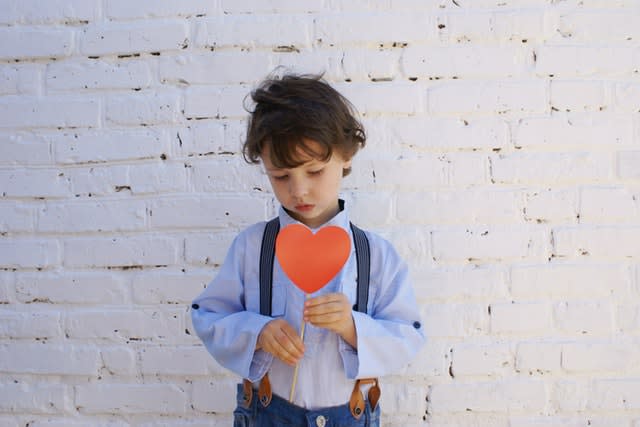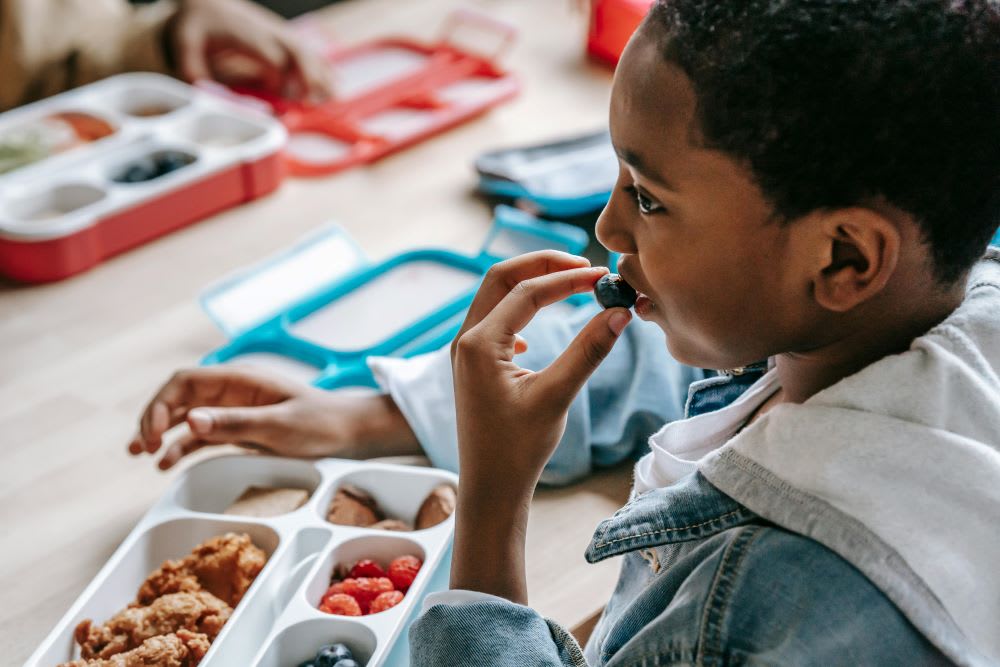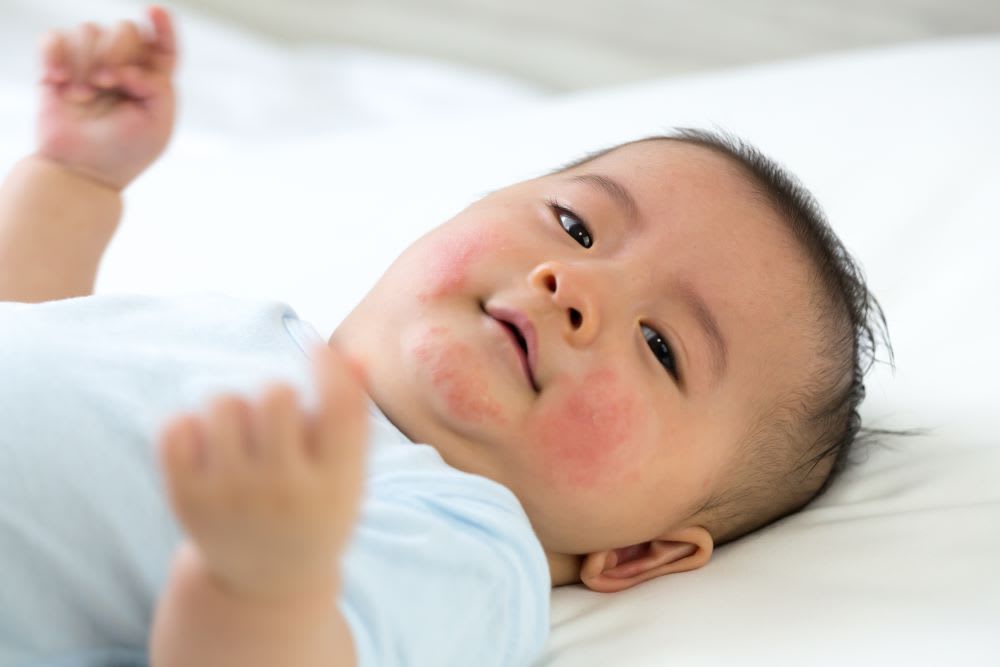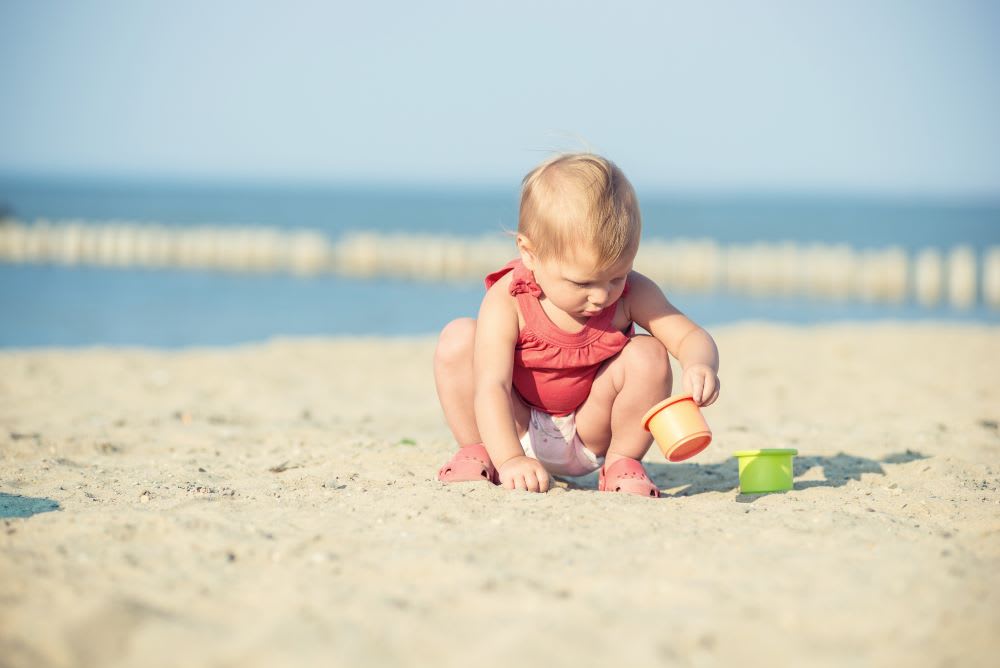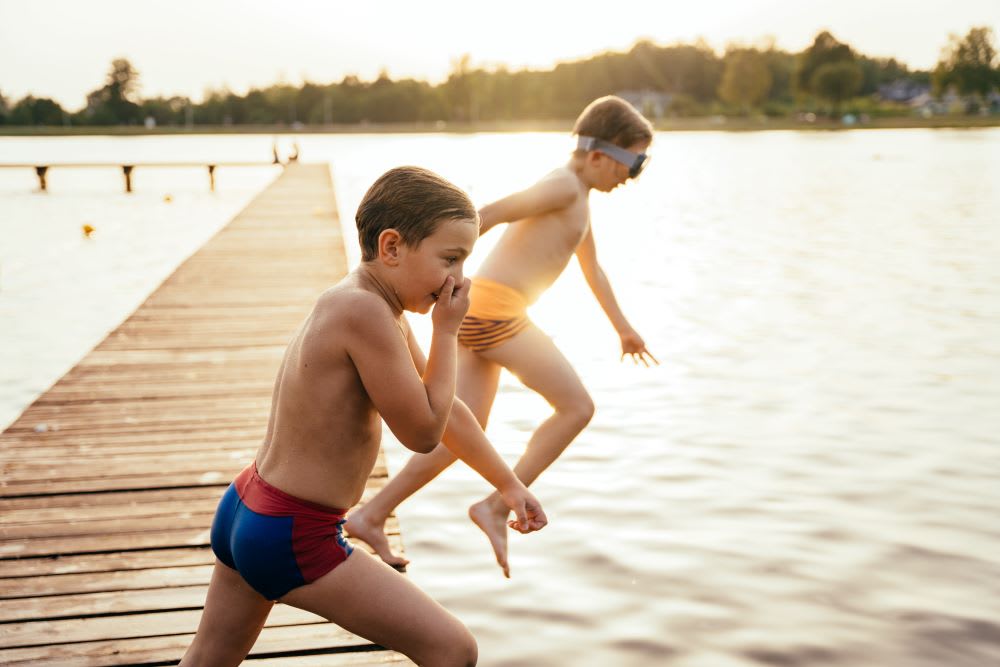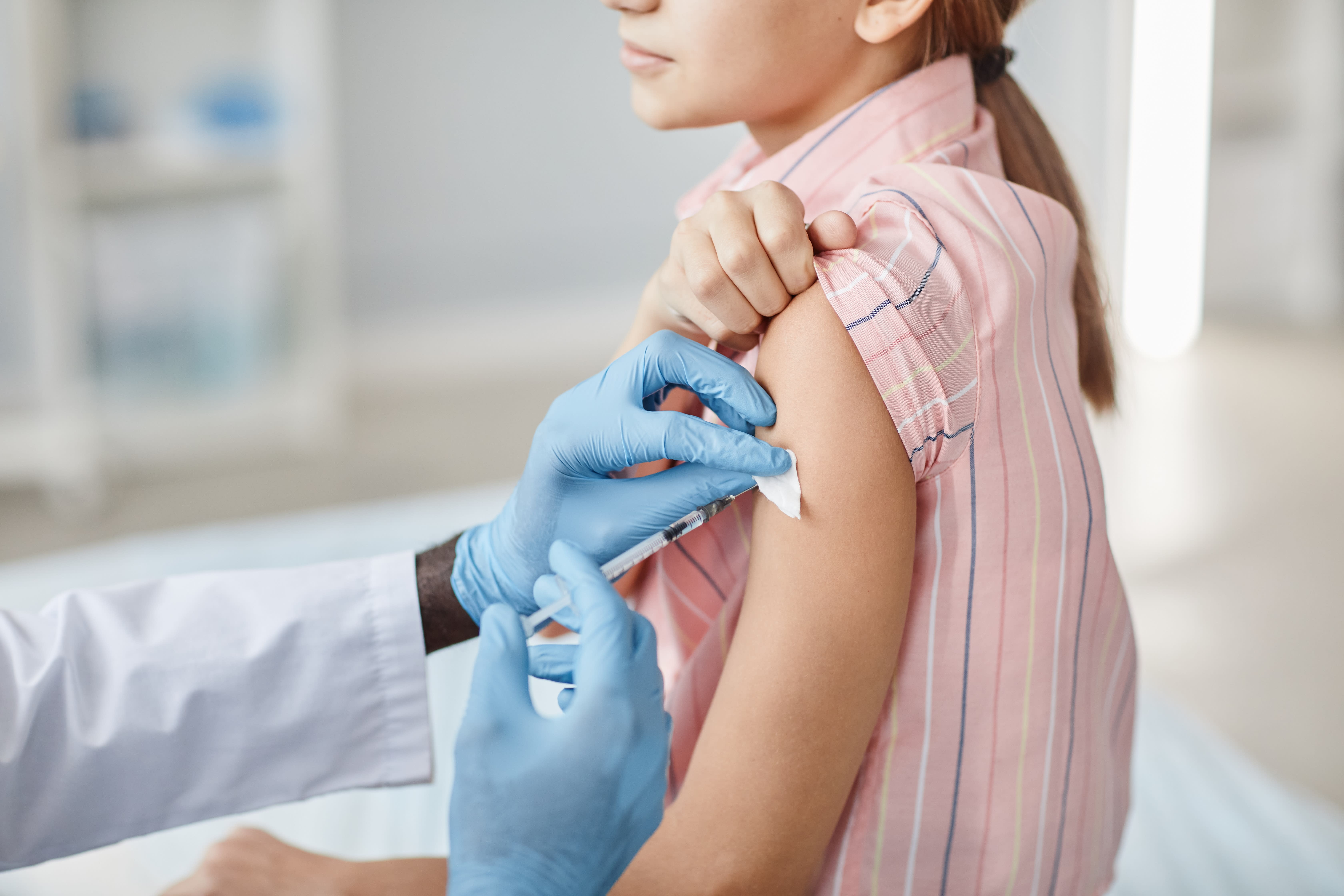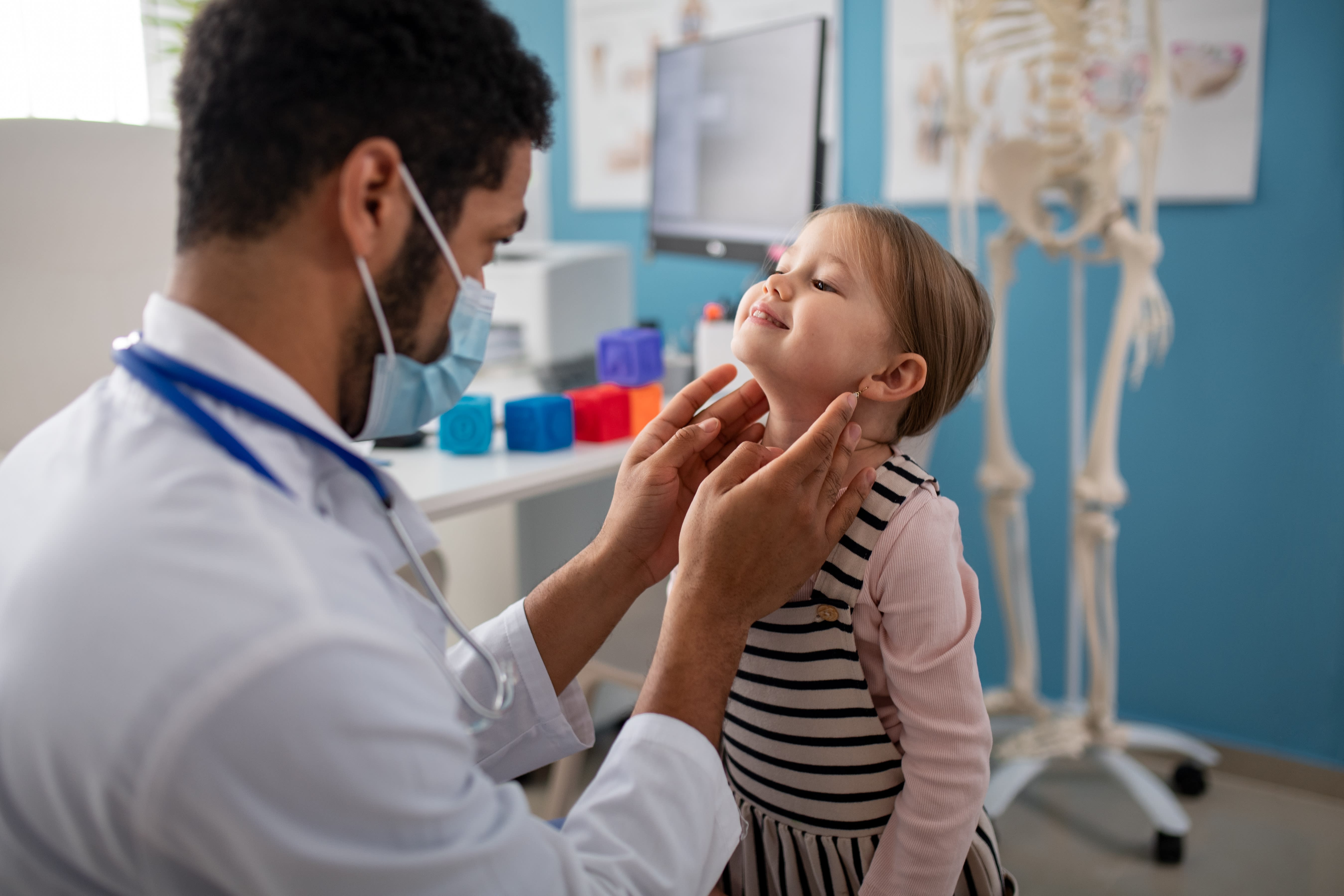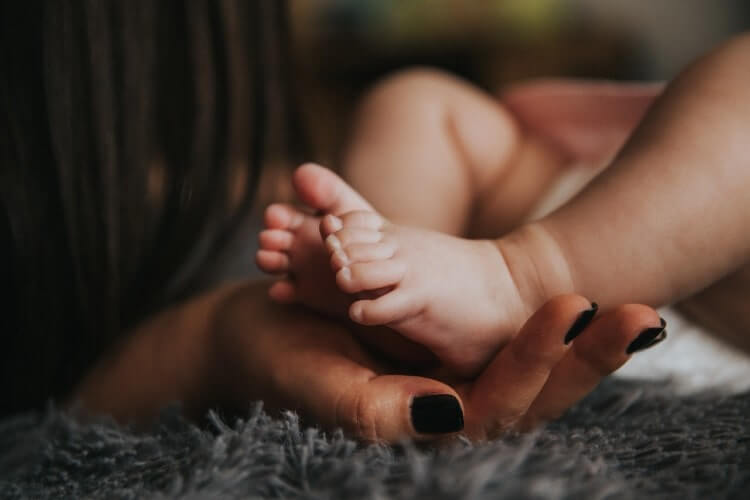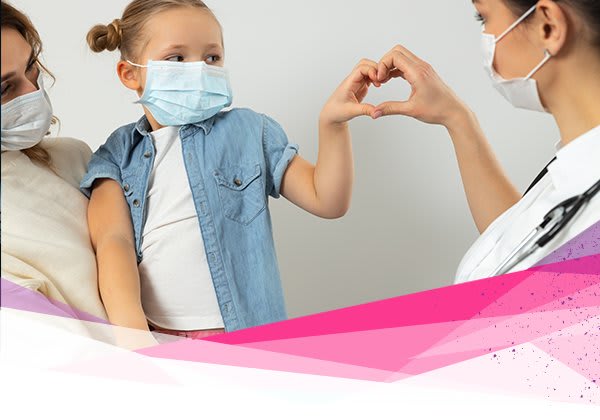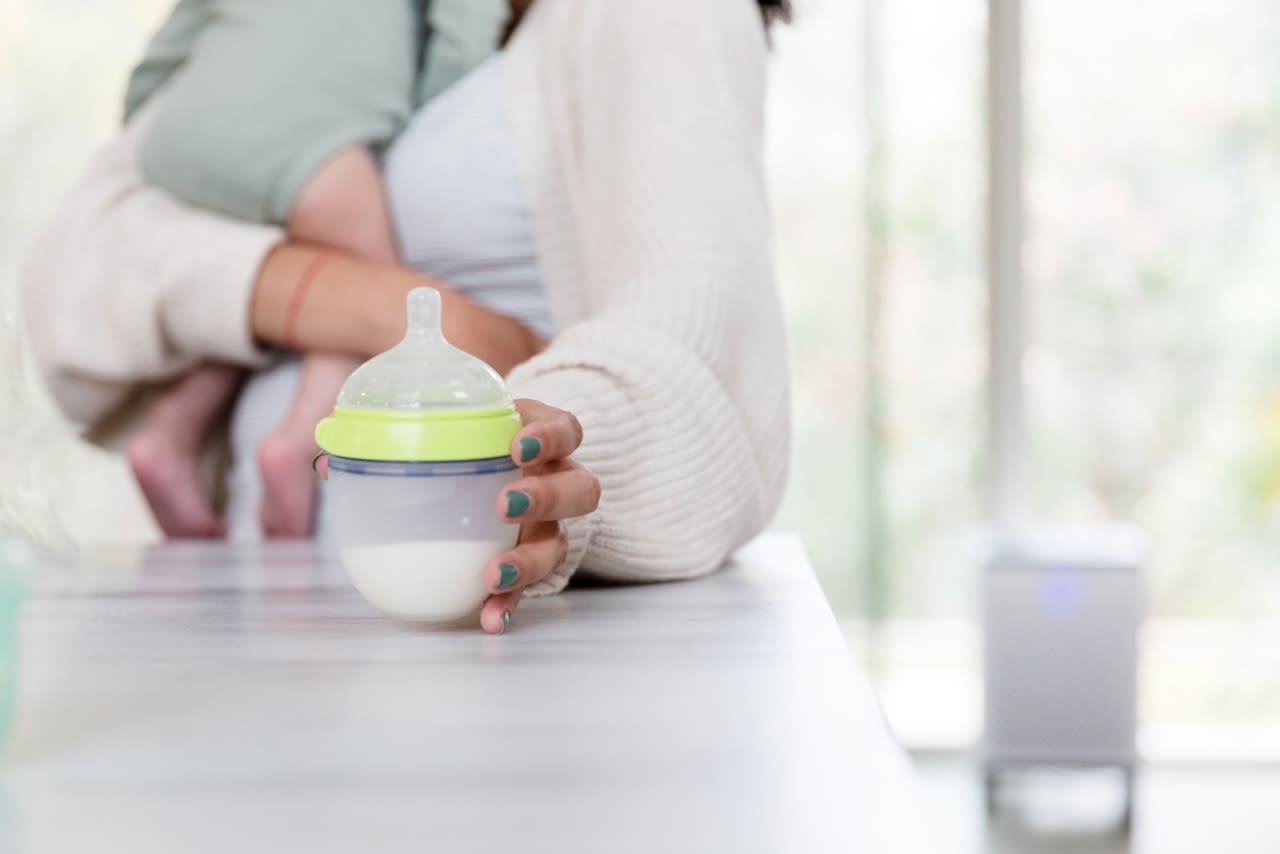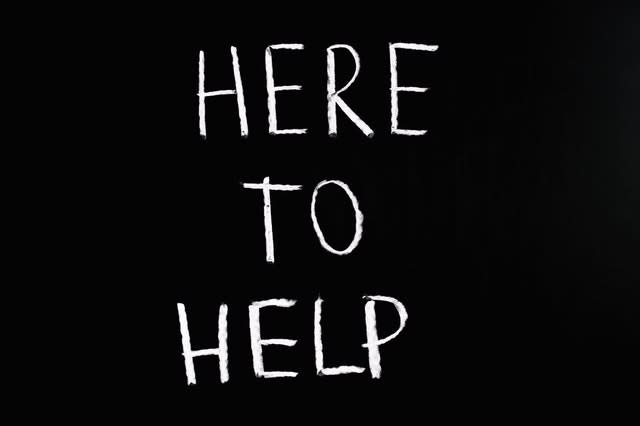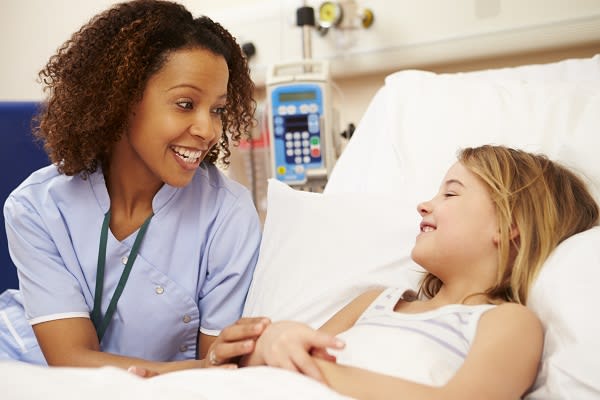By Gerald Rakos, MD, Chair, Department of Pediatrics, Stamford Health and Sejal K. Vyas, Ph.D., Pediatric and Adult Neuropsychologist, Department of Psychiatry, Stamford Hospital
1. First acknowledge and understand your own emotions.
Stick to the facts about COVID-19 from credible sources.* Separate fears from facts. Remember you can be a role model for your child in how to cope.
2. Consider the following coping strategies.
You and your child can practice all these techniques together:
3. Stay calm and keep an open dialogue.
This is easier said than done, but very important. Because children sense when you’re stressed or anxious, the key is to strike the balance between being reassuring and honest. Here are some helpful answers to common questions from children:
4. Make hand-washing a game.
Let your child know hand-washing is important in keeping them and others healthy, safe and well. Incorporating hand-washing into your new routine can also help your child feel in control.
5. Change the way you greet others.
Explain that waving at others is a great way to say “hi” without making contact. For now, we should stay from handshakes and high-fives because hand-to-hand contact can spread germs more easily.
6. Stick to a routine.
It’s possible your school-age child may get antsy, or even confused.
7. Enjoy time with your family.
When possible, this may include going in the backyard for outdoor time. Some states are allowing access to parks, while maintaining social distancing.
8. Be mindful of screen time.
T.V. and news can be stressful for children, so you may want to save the news for when they go to bed, or dedicate another area of the house to watching news.
9. Reassurance is important.
You may find yourself reminding your child multiple times per day that this is a temporary situation.
10. Take care of your emotional and mental health.
If you or your child have dealt or are dealing with emotional issues, such as anxiety or depression, continue your current treatment. Many counselors are offering video sessions in an effort to keep the public safe.
Finally, tell your child you’re always here to answer questions. And, remember, it’s important to take care of yourself, too, while being there for them during this time.
How do you calm some of the anxiety your child might have around COVID-19?
The following tips may help.1. First acknowledge and understand your own emotions.
Stick to the facts about COVID-19 from credible sources.* Separate fears from facts. Remember you can be a role model for your child in how to cope.
2. Consider the following coping strategies.
You and your child can practice all these techniques together:
- Monitor your own reaction to the ever-developing influx of information and updates from media sources, especially when your child is present.
- Do utilize grounding techniques. This can be in the form of deep breathing. Remind yourself that you and your family are safe and ‘be in the moment’. Relaxation techniques can also be helpful in managing stress.
- Remind yourself and your child of positives of the current situation that may include more time together, more involvement in your children’s academics, a closer bond with family members, and keeping in touch with friends and neighbors through social media or video chat, as long as you are practicing safe social distancing
3. Stay calm and keep an open dialogue.
This is easier said than done, but very important. Because children sense when you’re stressed or anxious, the key is to strike the balance between being reassuring and honest. Here are some helpful answers to common questions from children:
-
Mom and Dad, what’s COVID-19?
COVID-19 is the nickname for “coronavirus disease 2019.” It’s a new kind of sickness that doctors and scientists are learning about now. Luckily, we have great doctors and scientists even in our area who are helping us to understand and treat this.
-
What will happen to me if I get it?
Most people will be okay, especially kids, but some people can get very sick, especially people like Grandma and Grandpa, so let’s work together to take care of them. That may mean we need to teach them how to video chat.
-
When can I go out? When can I see my friends again?
The whole world is working together, like a team, to keep everyone healthy. Doctors, scientists, teachers, people in restaurants and gyms have to make hard choices to close places, even your school. But don’t worry, it isn’t forever.
-
Who started this? Is it anyone’s fault?
Things like this are no one’s fault. This virus started in the country of China and then began to spread very quickly. Just like many people like to take vacation, this virus loves to travel. Sometimes, when a virus travels too far, it gets out of control and we need to step in and use our powers to fight it.
4. Make hand-washing a game.
Let your child know hand-washing is important in keeping them and others healthy, safe and well. Incorporating hand-washing into your new routine can also help your child feel in control.
- Ask them to pick their favorite song to wash along with, but make sure it’s at least 20 seconds long. The Happy Birthday song is a good start.
- Establish a hand-washing routine that could include placing a fun picture or written note in key places in your home that would remind your child to wash their hands.
- Please remember to clean surfaces daily in household common areas (e.g. tables, chairs, doorknobs, light switches, remotes, handles, toilets, and sinks).
5. Change the way you greet others.
Explain that waving at others is a great way to say “hi” without making contact. For now, we should stay from handshakes and high-fives because hand-to-hand contact can spread germs more easily.
6. Stick to a routine.
It’s possible your school-age child may get antsy, or even confused.
- Remind them with soft language that, although this is a different experience, it is not a vacation.
- Speak to your child’s teacher so you’re on the same page about how the curriculum will continue remotely.
- Give your child the space they need to accomplish their tasks, separate from your home workspace if possible.
7. Enjoy time with your family.
When possible, this may include going in the backyard for outdoor time. Some states are allowing access to parks, while maintaining social distancing.
8. Be mindful of screen time.
T.V. and news can be stressful for children, so you may want to save the news for when they go to bed, or dedicate another area of the house to watching news.
9. Reassurance is important.
You may find yourself reminding your child multiple times per day that this is a temporary situation.
10. Take care of your emotional and mental health.
If you or your child have dealt or are dealing with emotional issues, such as anxiety or depression, continue your current treatment. Many counselors are offering video sessions in an effort to keep the public safe.
Finally, tell your child you’re always here to answer questions. And, remember, it’s important to take care of yourself, too, while being there for them during this time.
Additional Resources:
- The CDC website has some helpful tips on how parents, school staff and others working with children can effectively talk to children about COVID-19.
- The American Academy of Pediatrics maintains an excellent site for parents called healthychildren.org.
- The National Association of School Psychologists (NASP) website offers age-appropriate guidelines for parents, from early elementary through high school.
- The American Psychological Association website has tips on how to view news coverage, as well as other relevant information.


